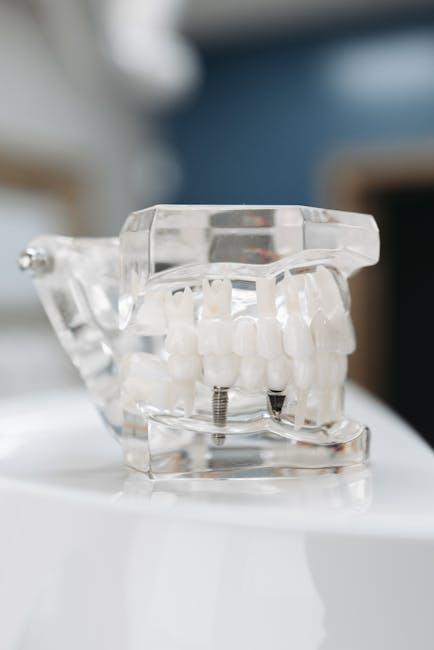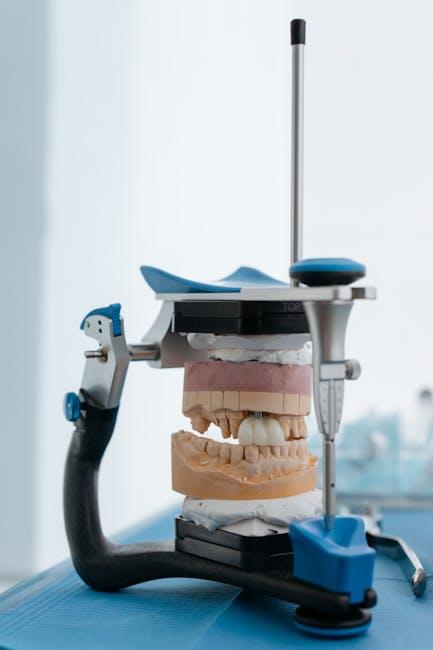
Dental School County-Based Oral Health Care Programs Thrive at East Carolina University
East Carolina University (ECU) Dental School is making significant strides in improving community oral health through its innovative county-based oral health care programs. These initiatives empower dental students to provide accessible, affordable, and high-quality dental services in underserved regions of North Carolina. This article delves into how ECU’s community-driven oral health programs are shaping the future of dental care, while offering valuable insights into their benefits, practical tips for replication, and real-world successes.
Introduction to ECU’s County-Based Oral Health Care Model
At the heart of ECU’s dental education philosophy lies a commitment to serving rural and medically underserved populations. The county-based oral health care programs connect ECU’s dental students and faculty with local communities, providing oral health screenings, preventive treatments, dental education, and restorative care. By extending dental services beyond the dental school campus and into county health departments, schools, and community centers, ECU bridges the gap in oral health disparities.
How ECU’s County-Based Programs Operate
ECU’s model consists of strategically placing mobile clinics and dental student rotations directly in counties that have historically lacked sufficient dental care. This model includes:
- Community Dental Clinics: Temporary or mobile clinics staffed by ECU dental students and supervised by licensed dentists.
- Educational Outreach: Oral health workshops, school visits, and community seminars to promote dental hygiene awareness.
- Preventive Services: Fluoride treatments, sealants, and dental cleanings made available at low or no cost.
- Integrated Care: Coordination with local health providers to ensure comprehensive care beyond dental needs.
Key Benefits of County-Based Oral Health Care Programs
The innovative approach ECU employs brings multiple benefits, not only to the communities served but also to the dental students gaining practical experience. The key benefits include:
- Improved Access to Care: Rural populations with limited transportation or financial resources gain easier dental access.
- Enhanced Student Learning: Dental students encounter diverse cases, fostering hands-on skills in real-world environments.
- Community Empowerment: Increased oral health awareness leads to preventive behaviors and long-term wellness.
- Reduced Oral Health Disparities: Targeting high-need counties helps reduce differences in oral health outcomes.
- Strengthened Community Partnerships: Collaboration between ECU and local agencies promotes sustainable health initiatives.
Summary of benefits in table format:
| Benefit | Description |
|---|---|
| Access to Care | Providing dental services in underserved counties reduces barriers like transportation and cost. |
| Student Experience | Students gain valuable clinical exposure to diverse patient needs and conditions. |
| Community Education | Localized dental education promotes preventive habits and oral health literacy. |
| Health Equity | Focus on rural and low-income populations helps close care gaps. |
| Collaborative Care | Partnerships foster integrated strategies for long-term health improvements. |
Case Studies: Real Impact from ECU’s Outreach
Several counties in Eastern North Carolina serve as shining examples of ECU’s impact. Let’s highlight two counties where ECU’s programs have made measurable improvements:
Greene County Oral Health Initiative
Before ECU’s program launch, Greene County faced a dentist shortage, leading to high emergency room visits for dental pain. ECU implemented mobile clinics conducting over 300 patient visits in six months.
- Result: 40% reduction in advanced dental decay cases reported at local hospitals.
- Community schools noted a 25% increase in students practicing daily oral hygiene.
Beaufort County Preventive Care Expansion
ECU’s sealant and fluoride treatment programs within Beaufort County schools significantly decreased cavity rates among children aged 6-12.
- Result: 30% drop in reported dental cavities after one academic year.
- Parents expressed higher confidence in preventive dental care through survey feedback.
First-Hand Experience: A Dental Student’s Perspective
Emily Martinez, a third-year dental student at ECU, shares her experience:
“Working in county-based clinics has been transformative. Not only do I apply what I’ve learned in class, but I also connect with patients who truly appreciate the care. Seeing smiles improve and knowing I helped a child avoid painful cavities fuels my passion for dentistry.”
Tips for Other Dental Schools to Implement County-Based Programs
For institutions aiming to replicate ECU’s success, consider the following practical tips:
- Create Strong Partnerships: Collaborate with local health departments, schools, and community organizations for better outreach and trust.
- Utilize Mobile Clinics: Invest in mobile units or temporary setups to reach remote populations efficiently.
- Focus on Prevention and Education: Combine treatment offerings with oral health workshops to empower communities.
- Engage Students Actively: Integrate community rotations into the curriculum to enhance both learning and service.
- Measure Impact: Establish data tracking on dental outcomes to evaluate and refine program success.
Conclusion
East Carolina University’s county-based oral health care programs exemplify how dental education can actively address both learning needs and community health disparities. By taking dental care directly to underserved populations in North Carolina, ECU is not only transforming smiles but also improving overall well-being and quality of life. These thriving programs serve as a model for dental schools nationwide to innovate accessible, community-centered oral health care.
If you’re interested in learning more about ECU Dental School’s outreach initiatives or supporting community oral health efforts, visit East Carolina University School of Dental Medicine.


